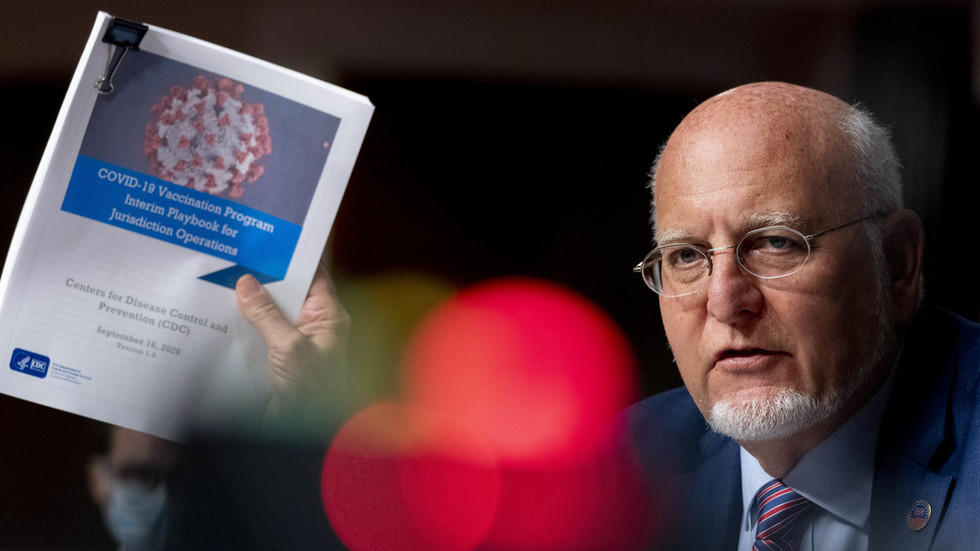Bangkok:
Women continue to perform up to five times more care work than men, restricting their ability to engage in formal employment, a top UN official said here on Tuesday.
Addressing the opening session of the UN Ministerial Conference on Women Empowerment in Asia-Pacific here, Sima Bahous, Executive Director of UN Women, said that the region has seen an increase in women's political participation, but progress is still slow.
"Women face significant barriers to economic empowerment, with three in five employed women engaged in informal work, with little to no social protection. For example, in 12 out of 20 Asia-Pacific countries, women make up less than 40 per cent of the STEM workforce, limiting their participation in high-growth industries.
"The unpaid care burden is another major factor, as in Asia and the Pacific, women continue to perform up to five times more care work than men, restricting their ability to engage in formal employment," she said, adding that by investing in the paid care sector, we can reduce the burden of unpaid care work while creating decent jobs for women.
Noting that women hold 20.8 per cent of parliamentary seats in the region, below the global average of 26.5 per cent, and only five countries in the region (including Central Asia) have more than a quarter of women cabinet ministers.
"This includes Timor-Leste where almost 39 per cent of parliamentarians are women - the highest in the Asia-Pacific region. Notwithstanding this achievement, the persistent underrepresentation of women in decision-making roles remains a critical barrier to achieving full gender equality," she added.
The Asia-Pacific Ministerial Conference on the Beijing+30 Review began here on Tuesday, bringing together over 1,200 delegates from governments, civil society and youth groups, the private sector and academia to discuss progress and priority actions to support gender equality and women's empowerment.
Jointly organised by the United Nations Economic and Social Commission for Asia and the Pacific (ESCAP) and UN-Women, the three-day conference in Bangkok is being held ahead of next year's 30th anniversary of the Beijing Declaration and Platform for Action.
ESCAP Executive Secretary Armida Salsiah Alisjahbana stressed that women must be at the forefront of the issues that define our common future such as climate action and digital transformation.
"These are the megatrends of our time, and without a focus on gender equality, they risk deepening inequalities. We must provide women with the tools, training and resources to lead in these areas to ensure they not only participate in but also drive forward the solutions of tomorrow," Alisjahbana said.
At the conference, ESCAP and UN Women also launched a new report Charting New Paths for Gender Equality and Empowerment "Asia-Pacific Regional Report on Beijing+30 Review".
The report highlights the challenges ahead, but also forward-looking strategies and solutions under six thematic areas -- poverty reduction and human capital development; shared prosperity and decent work; freedom from gender-based violence; meaningful participation and gender-responsive governance; peaceful and just societies; and gender and the environment.
"Increasing investments, political will and addressing the rising attacks on gender equality and human rights around the world are paramount. Achieving gender equality requires the active participation and commitments of all stakeholders in working together to dismantle systemic barriers and promote equal opportunities for all," said Varawut Silpa-archa, Minister of Social Development and Human Security of Thailand.
Kantha Phavi Ing, Minister of Women Affairs of Cambodia, who was also elected as Chair of the Conference, said, "Our presence here today is a reminder that while we have made significant strides, much work remains ahead of us. Together let us advance towards a future where no woman or girl is left behind, and gender equality is truly acknowledged and realized across Asia and the Pacific.
(Except for the headline, this story has not been edited by NDTV staff and is published from a syndicated feed.)

 1 day ago
3
1 day ago
3









 English (US) ·
English (US) ·